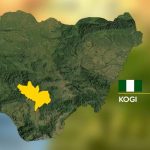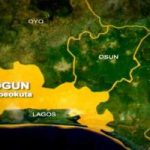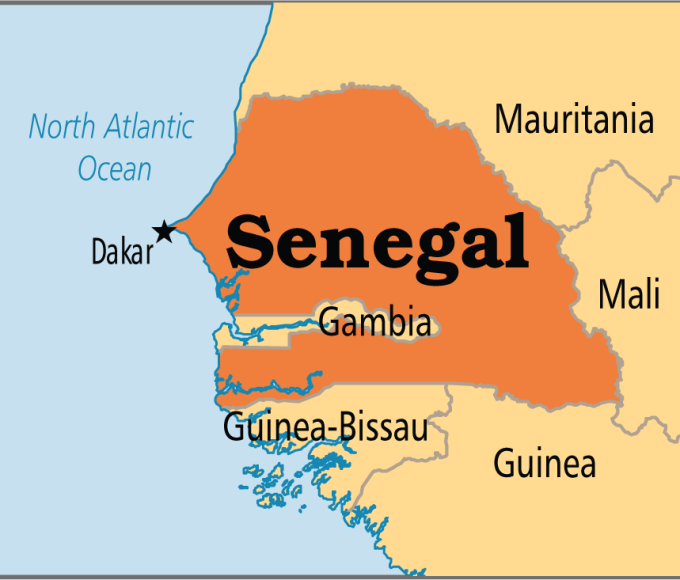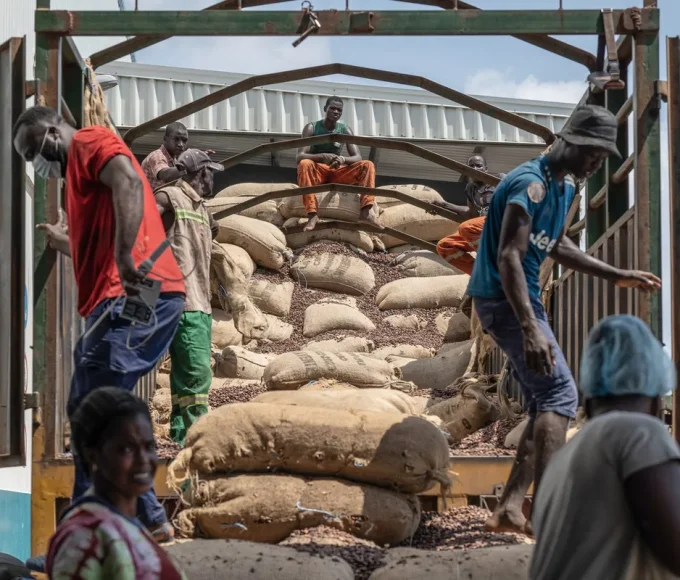
Massive Wildfire In Southeast Turkey Kills 11, Injures Dozens
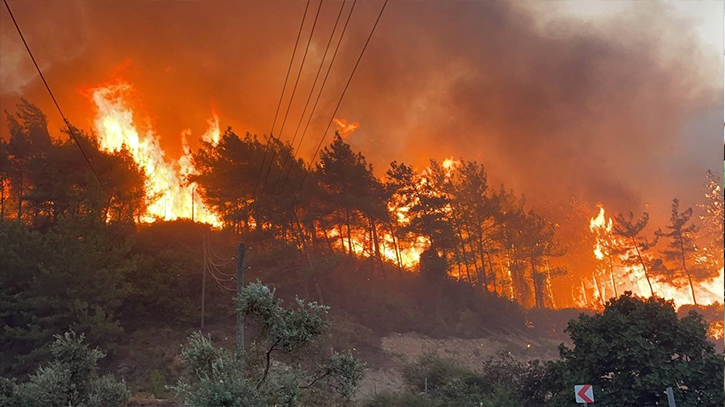
A massive wildfire swept through Turkey’s mainly Kurdish southeast, killing 11 people and critically injuring five, according to the health minister on Friday.
The fire tore through the dry landscape, sending flames high into the night sky and killing or badly injuring hundreds of animals.
By morning, the fire had charred and blackened large areas in Diyarbakir and Mardin provinces.
Eleven people lost their lives, Health Minister Fahrettin Koca wrote on X.
Koca also added that the fire injured 78 people, with five in intensive care.
Turkey’s pro-Kurdish DEM party, which won many local elections in the southeast in March, criticised the government’s response as “late and insufficient.”
According to AFP, about 100 animals died as a result of the wildfire in Koksalan village in Diyarbakir province. Residents said about half of their flock of 1,000 sheep and goats died.
Seracettin Bedirhanoglu, a member of the opposition CHP party and leader of the eastern Van province, described the scene as “unbearable” and urged vets to help.
Turkey’s Interior Minister Ali Yerlikaya blamed the fire on a stubble burn that started late Thursday and spread quickly due to strong winds, affecting five villages.
Justice Minister Yilmaz Tunc said on X that the public prosecutor’s office had investigated the fire’s cause.
Turkey has experienced 74 wildfires this year, burning 12,910 hectares of land, according to the European Forest Fire Information System (EFFIS).
In the summer of 2021, Turkey faced its worst wildfires, which claimed nine lives and destroyed large forest areas along its Mediterranean and Aegean coasts. This led to a political crisis when it was revealed Turkey had no functioning firefighting planes, forcing President Recep Tayyip Erdogan to accept international help and ratify the Paris Climate Accord.
Experts say human-driven climate change is causing more frequent and intense wildfires and other natural disasters, urging Turkey to take action to address the issue.
Read more: PDP BOT Chair Cautions Tinubu Against Declaring State of Emergency in Rivers
About The Author
Related Articles
US Security Narrative Shifts from Terrorism to Mining in Nigeria
A new bill introduced in the United States Congress is drawing attention...
ByWest Africa WeeklyFebruary 12, 2026Galatasaray Ready to Sell Osimhen if Barcelona Meet €80m Valuation
Victor Osimhen could be on the move again as Spanish giants Barcelona...
ByWest Africa WeeklyFebruary 12, 2026Senegal Unveils $100m Onshore Oil and Gas Plan After Revoking Idle Licenses
Senegal is moving ahead with a new $100 million onshore oil and...
ByWest Africa WeeklyFebruary 12, 2026Ghana’s Cocoa Crown Under Threat as Nigeria, Ecuador and Indonesia Close In
Ghana’s position in the global cocoa industry is facing mounting pressure as...
ByWest Africa WeeklyFebruary 12, 2026





